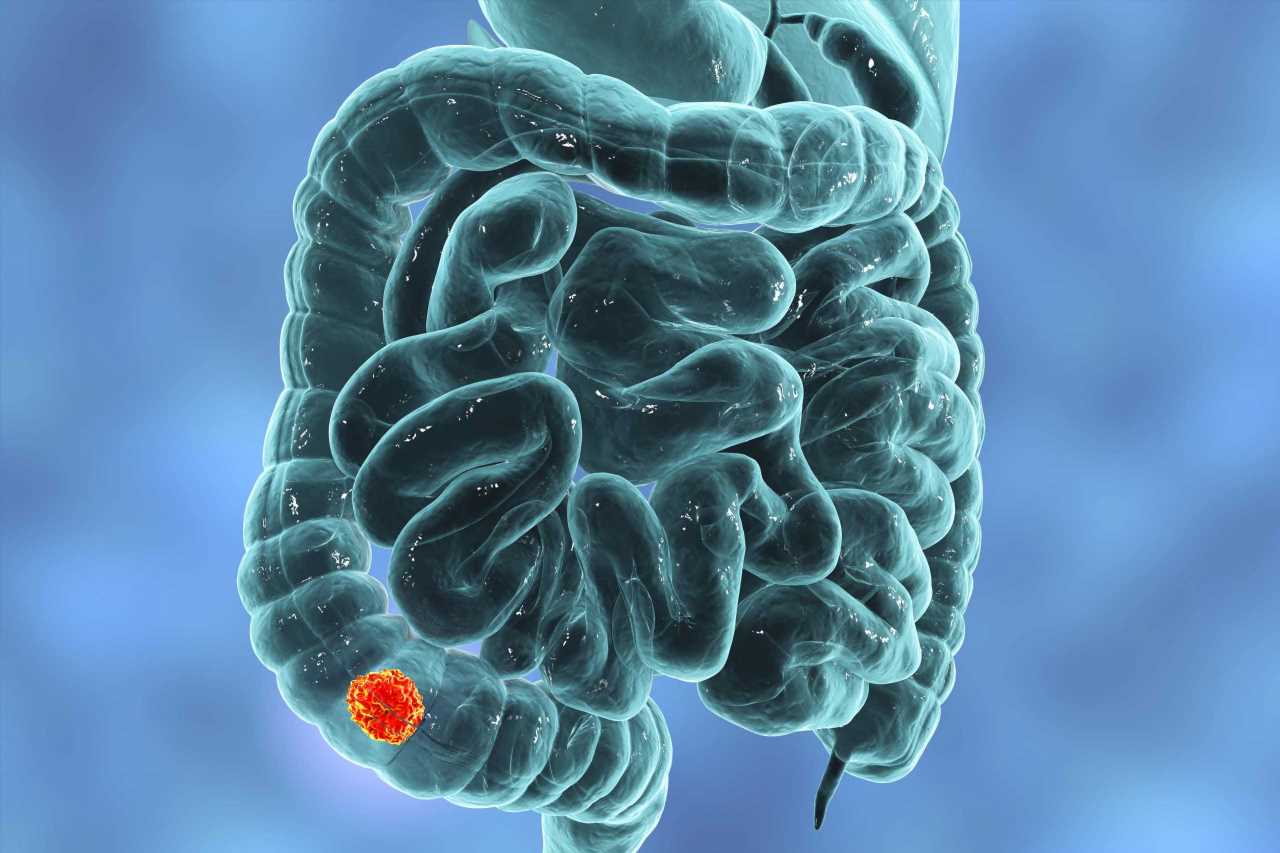PATIENTS with colorectal cancer have seen their tumours disappear after receiving an experimental drug.
Medication dostarlimab has left medics with 'cause for optimism', with each patient entering remission.
Doctors have been unable to find signs of colorectal cancer, also known as bowel cancer, in the bodies of the 18 patients who took part in the US trial.
The treatment applies to patients who had tumours with mismatch repair-deficient (MMRd) or microsatellite instability (MSI).
Experts at Memorial Sloan Kettering Cancer Center in New York stated that around five to 10 per cent of all patients who have this form of the illness are thought to have this condition.
All patients had previously received treatments such as chemotherapy.
Read more on bowel cancer
From IBS to bowel cancer, Dr Zoe Williams answers your health queries
Deborah James inspired LOO ROLL warns of 5 signs of bowel cancer you mustn’t ignore
Bowel cancer is one of the most deadliest forms of cancer, with it being the fourth most common in the UK.
Around 43,000 people are diagnosed with the condition each year, with 268,000 Brits living with the illness.
Trial leader, Dr Luis Alberto Diaz said he believes this is the first time a drug has had this impact in the history of cancer.
Patients in the trial were given 500 milligrams of dostarlimab every three weeks for six months.
Most read in Health
STEALTH KILLER One million have type 2 diabetes – take our quiz to predict YOUR risk
My son was unwell after nursery – weeks later docs amputated his LEGS
UK monkeypox cases reach 302 as a further 73 detected
Game-changing drug could help you shed up to 52LB, experts say
Initially the expectation had been that patients would still need further treatment such as chemotherapy or radiotherapy.
But results showed that all patients' cancer had cleared with just the medication alone.
Tumours could no longer be detected on scans and a year later, no patients required further treatment.
It is now two years on from the first trial, and none of the 12 patients have needed further treatment.
It's believed that the drugs help shrink or eliminate patients' tumours.
Other experts have also praised the treatment.
In a medical journal oncologist at the Lineberger Comprehensive Cancer Center at the University of North Carolina Dr. Hanna Sanoff said: "These results are cause for great optimism, but without further research, dostarlimab cannot yet replace the standard, curative treatment for mismatch repair-deficient rectal cancer."
The signs of bowel cancer you need to know – remember BOWEL
- B:Bleeding
There are several possible causes of bleeding from your bottom, of blood in your poo.
Bright red blood could come from swollen blood vessels, haemorrhoids or piles, in your back passage.
Dark red or black blood could come from your bowel or stomach.
Blood in your stools is one of the key signs of bowel cancer, so it’s important to mention it to your doctor so they can investigate.
2. O: Obvious change in loo habits
It’s important to tell your GP if you have noticed any changes in your bowel habits, that lasts three weeks or longer.
It’s especially important if you have also noticed signs of blood in your poo.
You might notice you need to go to the loo more often, you might have looser stools or feel like you’re not going enough or fully emptying your bowels.
Don’t be embarrassed, your GP will have heard a lot worse! Speak up and get it checked.
3. W: Weight loss
This is less common than the other symptoms, but an important one to be aware of. If you’ve lost weight and don’t really know why, it’s worth mentioning to your GP.
You may not feel like eating, feel sick, bloated and not hungry.
4. E: Extreme tiredness
Bowel cancer that causes bleeding can cause a lack of iron in the body – anaemia. If you develop anaemia you’re likely to feel tired and your skin might look pale.
5. L: Lump or pain
As with lots of other forms of cancer, a lump or pain can be a sign of bowel cancer.
It’s most likely you’ll notice a pain or lump in your stomach or back passage
Source: Read Full Article












